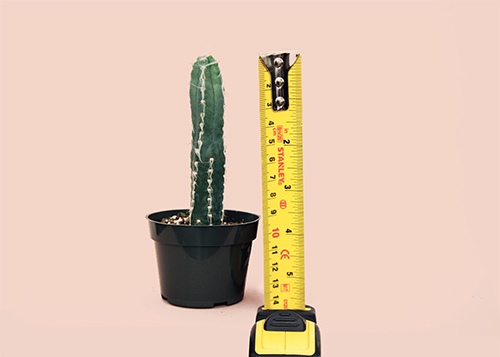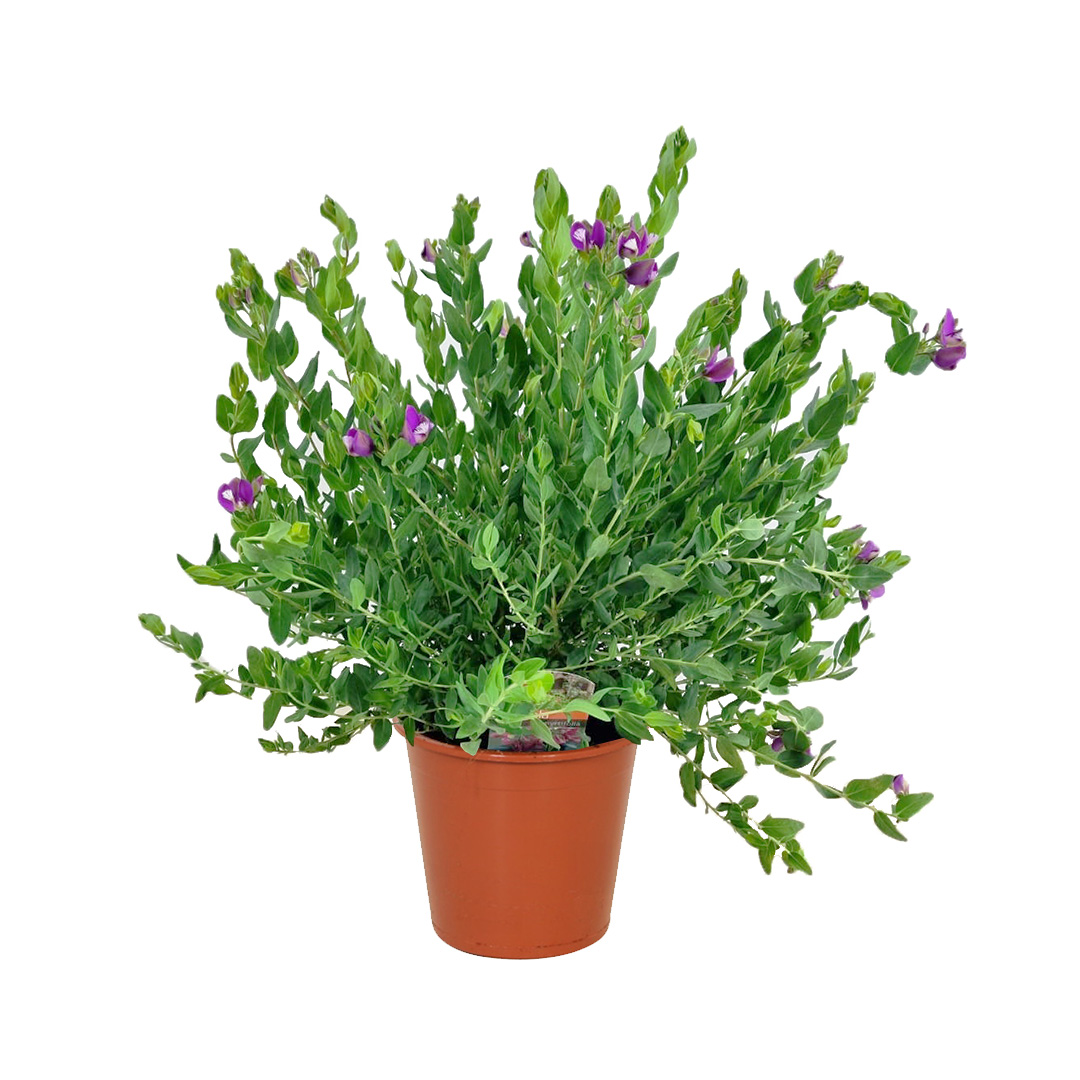
Deliver to
Europe
 English
EnglishDetailed care guides
The height of our plants are measured from the ground to the top.
Please note that the delivery height may vary 10%.

The diameter of our plants is the diameter of the nursery pot. We recommend a decorative pot with a diameter that’s larger.
Plants are natural products and therefore almost certainly differ from product photos. These characteristics make plants extra special and unique. Plants are not exactly the same size as shown.
All orders are shipped with a personal Track & Trace.
| Country | Average delivery time |
| The Netherlands | 2 - 5 business days |
| Belgium | 2 - 5 business days |
| Germany | 3 - 6 business days |
| France | 3 - 6 business days |
| Luxembourg | 3 - 6 business days |
| Austria | 3 - 7 business days |
You have the right to return products within 14 days of receipt without giving any reason.
Please note! Living and perishable products, such as plants, are legally excluded from this right of withdrawal.
Therefore, indoor plants can't be exchanged or returned.
Refunds will be credited back to the original payment method used for the purchase.


Height
45 cm

Potsize
19 cm

Botanical name
Polygala Dalmaisiana

Toxic to pets
Yes
Meet the Polygala Dalmaisiana, a charming plant that brightens up your garden or indoor space with its vibrant flowers.
The Polygala Dalmaisiana, also known as Milkworts or Snakeroots, hails from the (sub)tropical regions of Africa. With its lush growth and striking blooms, this plant adds ambiance to any garden or outdoor area. The Polygala Dalmaisiana will certainly impress with its brightly coloured flowers.
To get the best out of your Polygala Dalmaisiana, place it in a spot with indirect sunlight. Ensure that the soil is well-draining and allow the top layer to dry out between waterings. Moderate but consistent watering is what the plant needs, especially during dry periods.
Protect the plant from severe frost by bringing it indoors during cold spells. Additionally, ensure the plant is shielded from temperature fluctuations, as this can affect the growth of the Polygala.
Whether you're an experienced gardener or just embarking on your green journey, the Polygala Dalmaisiana is a stunning addition to any garden or indoor space.
| Height (incl. pot) | 45 cm |
|---|---|
| Pot size Ø | 19 cm |
| Decorative pot | With decorative pot options |
| Botanical name | Polygala Dalmaisiana |
| Quantity | 1 |
| Attributes | Easy to care for, Flowering, Green, Small, Tropical |
| Suitable for | Outdoor |
| Location | Indirect sunlight, Shade |
| Watering | Requires water once a week. During the summer twice a week |
| Best location | Medium light to partial shade. Can't withstand full sun |
| Repotting | After purchase, repotting is not necessary. The plant should then be repotted preferably every 2 years |
| Toxic | Yes |